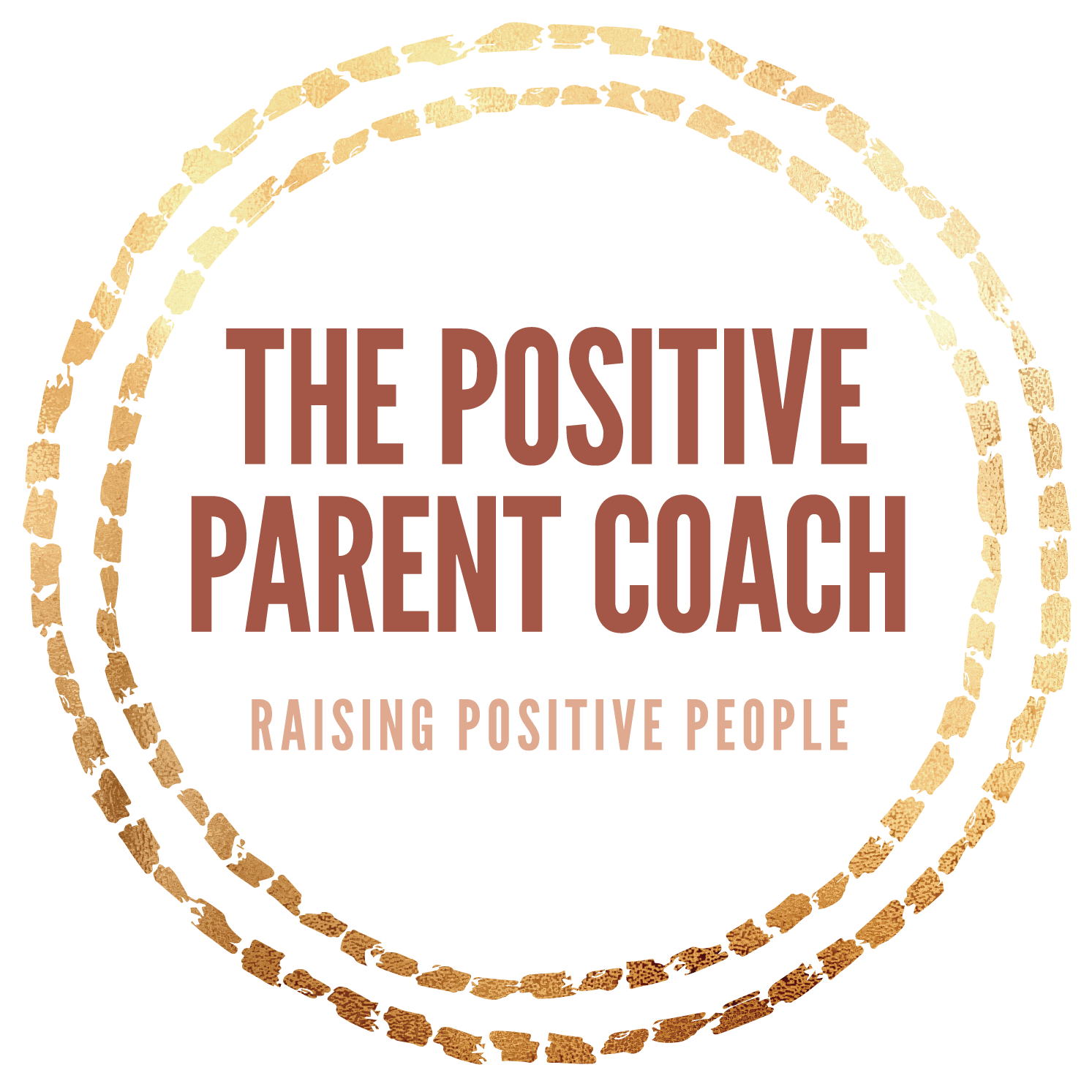Why Parenting a Deep Feeler can be hard; why do situations escalate?
If you’re parenting a child who feels everything deeply, you’re not imagining it — this is hard work.
The meltdowns feel bigger. The pushback is stronger. The intensity can be overwhelming.
And sometimes, no matter how calm or kind you try to be, things still spiral.
You might be raising a Deep Feeler.
These children don’t just have emotions — they are emotions.
When they’re joyful, they’re buzzing with life. When they’re upset, it’s all-consuming. There’s very little middle ground.
Why Parenting Deep Feelers Feels So Hard
Parenting a deep feeler often means navigating:
Big emotional waves that arrive out of nowhere
Explosions over tiny things (a broken toy, the wrong colour cup, not being first)
A constant push-pull of connection and rejection
Feeling like you’re walking on eggshells, trying to avoid the next eruption
Guilt, because you tried your best — and still, they yelled, slammed, hit, or sobbed
And when these emotions come flooding out, it can feel like a tidal wave crashing into your nervous system. Before you know it, you're caught in the storm too — shouting, reacting, or shutting down, even though you swore you wouldn’t.
Why Things Escalate So Quickly
Deep feelers’ brains and bodies experience stress and frustration as genuine emotional overwhelm.
Their threshold is lower. Their reaction is faster. And their return to calm can be slower.
A small disappointment (“You can’t have another biscuit”) might be manageable for some kids, but for deep feelers, it can feel like the end of the world. They might shout, cry, slam doors, or lash out — not because they’re being “naughty,” but because they’re flooded.
And when that happens, it’s incredibly easy for parents to go into fight-or-flight mode too. You might find yourself:
Yelling back
Demanding they stop
Threatening consequences
Or just wanting to run away from it all
This is so common. And it doesn’t mean you’re a bad parent. It means your nervous system is trying to protect you too.
What Deep Feelers Really Need
These kids don’t need “tough love.” They need firm, grounded, warm leadership.
They need to know:
“My parent can handle my feelings.”
“Even when I fall apart, they don’t see me as a bad kid.”
“There are limits — but I’m not shamed or pushed away.”
That’s a hard balance to strike when you’re feeling drained and dysregulated. That’s why one of the most powerful things you can do is learn to regulate yourself first — not perfectly, but enough to stay present.
When you can stay calm, clear, and connected, you become their emotional anchor.
And slowly, they learn to borrow your calm, until they can build their own.
If this all feels like a lot — it’s because it is.
But you’re not doing anything wrong. You’re just parenting a child with a sensitive nervous system and a big, beautiful emotional world.
And you don’t have to figure it out alone.
Whether you’re looking for personalised support where someone can hold your hand and guide you through it step by step, or you eat more flexibility around content that you can watch in your own time from the comfort of your home- I have something to suit you.
Inside my membership, I offer workshops, real-life strategies, and supportive resources to help you navigate life with a deep feeler — including how to set boundaries without shaming, how to stay regulated when your child is pushing your buttons, and the latest workshop coming soon all around Shame and why you’re child shuts down or gets defensive when you try to correct their behaviour. If you want to find out more about the Membership Click Here.
If you want to chat about your situation and find out what support is available to meet your needs feel free to email me on Oliviaedwardscoach@gmail.com
You don’t have to be a perfect parent. You just need the tools and support to show up with compassion and clarity — even when things get intense.
You’ve got this. And I’ve got you. 💛


